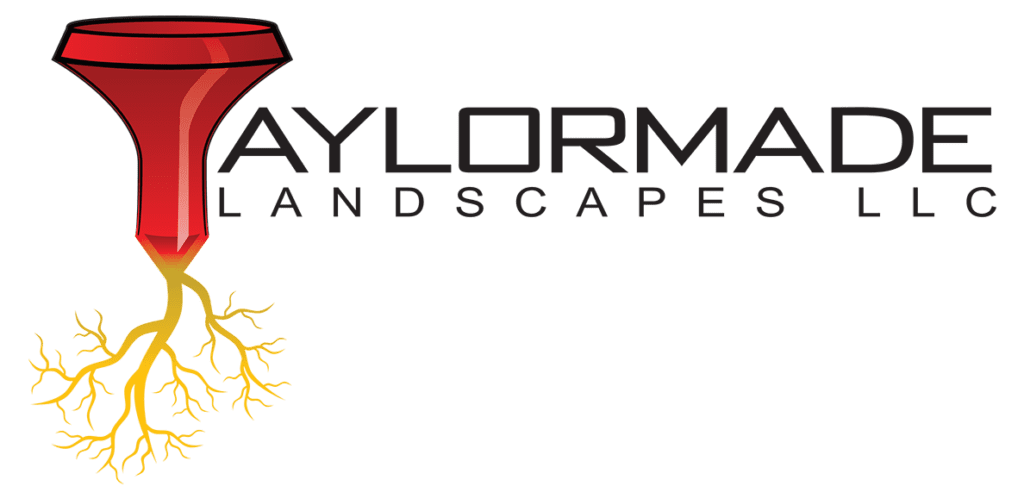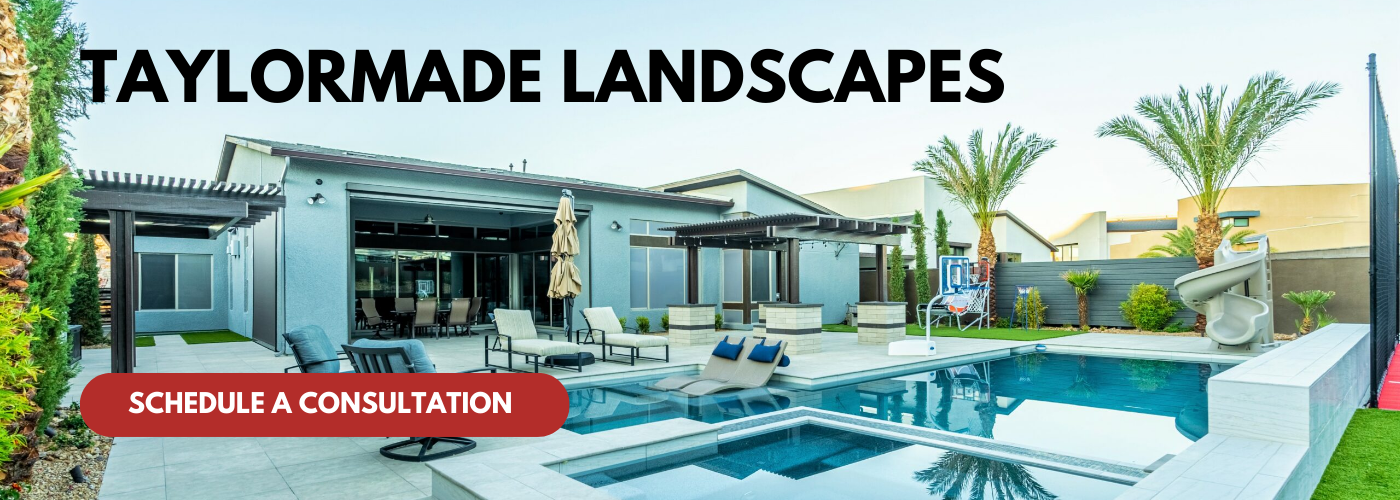In the ever-evolving realm of landscape design, the demand for certified landscape designers is surging, particularly in the softscape domain. As we delve into the year 2025, the benefits of engaging a professional to curate your green spaces have never been more pronounced. Softscaping, encompassing the living elements of landscaping such as plants, trees, flowers, and soil, differs significantly from its hardscape counterpart, providing unique challenges and aesthetic opportunities that require a refined skill set. In this context, hiring a certified landscape designer becomes a strategic investment for homeowners and commercial property managers alike, promising a harmonious blend of beauty, functionality, and sustainability within outdoor environments.
The advantages of collaborating with a certified landscape designer extend beyond mere aesthetics. These professionals bring a wealth of knowledge regarding plant selection, soil health, and seasonal variations, ensuring that your softscape thrives year-round. They are adept at assessing the specific needs of your property, taking into account factors such as climate, local ecology, and existing landscape features. Moreover, their expertise in zoning regulations and environmental considerations ensures that each design not only enhances visual appeal but also aligns with local codes and promotes ecological balance. In 2025, with increasing awareness surrounding environmental sustainability, hiring a certified landscape designer can also aid in implementing eco-friendly practices that contribute to a greener planet.
Furthermore, the contemporary landscape design process is increasingly reliant on technological advancements. Modern landscape designers utilize innovative tools and software that facilitate precise planning and visualizations, helping you to envision the final outcome before any planting occurs. This technology, combined with their professional training and creative vision, allows for the delivery of personalized designs that reflect your taste while optimizing the functionality of your outdoor spaces. As we explore the myriad benefits of hiring a certified landscape designer for softscape in 2025, it becomes evident that this choice can lead to transformative results, elevating your property’s aesthetic appeal and environmental health for years to come.
Enhanced Aesthetic Appeal
Hiring a certified landscape designer can significantly enhance the aesthetic appeal of any outdoor space, whether a residential garden or a commercial property. These professionals possess a deep understanding of design principles, color theory, and plant behavior, which allows them to create visually stunning environments that harmonize with their surroundings. In 2025, as people continue to value outdoor spaces for relaxation and recreation, the importance of aesthetic appeal will only grow. A skilled landscape designer can transform a mundane yard into a picturesque oasis, incorporating various elements like flowers, shrubs, trees, and hardscapes in a way that brings out the best in the landscape.
One major benefit of hiring a certified landscape designer is their ability to create a cohesive design that reflects the client’s personality and lifestyle. By carefully considering elements such as scale, texture, and color, designers can develop gardens that create different moods and atmospheres. Additionally, certified designers stay updated with current trends and innovations in landscaping, helping to incorporate modern techniques and styles into their designs. This ensures that the landscape not only meets aesthetic criteria but also aligns with contemporary tastes and environmental standards.
Moreover, a well-designed landscape can serve as an extension of a home or building, blending indoor and outdoor spaces seamlessly, thereby increasing functionality and inviting people to engage with the outdoors. By working with a landscape designer, clients can ensure that their outdoor space is not only beautiful but also purposeful, incorporating areas for entertainment, relaxation, and gardening. As aesthetic outdoor spaces become more important for both personal enjoyment and social gatherings, hiring certified landscape designers will be a key trend in 2025, contributing to a visually and emotionally appealing living environment.
Improved Plant Selection and Placement
The significance of improved plant selection and placement cannot be overstated when it comes to landscape design. A certified landscape designer brings a wealth of knowledge and expertise in choosing the right plants for the specific conditions of your property. This includes understanding the local climate, soil type, sunlight exposure, and water availability, all crucial factors that dictate which plants will thrive in your garden. In 2025, this expertise is more relevant than ever, as environmental considerations and sustainability take center stage in landscaping practices.
One of the key benefits of hiring a certified landscape designer is their ability to create a harmonious plant palette that considers blooming seasons, textures, and colors. This strategic planning leads to a dynamic and visually appealing landscape that evolves throughout the year. Furthermore, a designer will ensure that the selected plants complement the architectural style of the home while also fulfilling the functional needs of outdoor spaces. For instance, certain plants can be strategically placed to provide shade, privacy, or wind protection, which enhances both the comfort and usability of outdoor areas.
Additionally, proper plant placement is vital for health and longevity. A landscape designer understands the spatial relationships between different species and can prevent issues such as overcrowding, which can lead to resource competition and poor plant health. By ensuring that plants are grouped according to their needs—such as moisture requirements or sun exposure—a designer can create a thriving ecosystem that maintains itself over time, reducing the need for excessive upkeep. This level of planning not only enhances the beauty and functionality of your outdoor space but also promotes a sustainable garden that can flourish with minimal intervention. As more homeowners seek to create their own eco-friendly sanctuaries, the role of certified landscape designers, particularly in softscape elements, will continue to be indispensable in creating a balanced and beneficial outdoor environment.
Increased Property Value
Investing in a well-designed landscape can significantly increase the value of a property, making it an important consideration for homeowners and real estate investors alike. As the demand for aesthetically pleasing and functional outdoor spaces continues to rise, properties with thoughtfully planned landscapes often attract more buyers and command higher prices. A certified landscape designer possesses the expertise and vision necessary to create cohesive outdoor designs that blend seamlessly with the existing architecture. This attention to detail and harmony not only enhances the visual appeal but also demonstrates a level of care and investment in the property that prospective buyers can appreciate.
One of the primary benefits of hiring a certified landscape designer for softscape projects in 2025 is their ability to maximize the use of space while incorporating elements that increase property value. A designer can recommend suitable plants, trees, and other natural features that not only thrive in the local climate but also complement the overall aesthetic of the property. By selecting native plants and sustainable options, a designer enhances not only the beauty but also the ecological value of the landscape, which can be a deciding factor for environmentally conscious buyers.
Moreover, a professionally designed landscape often includes functional elements such as pathways, seating areas, and outdoor living spaces, which can make the property more appealing to potential buyers. These features create additional usable space that extends the living area outdoors and invites potential owners to envision their lifestyle in the setting. A well-executed softscape plan can also provide privacy and improve outdoor comfort, essential attributes that add both value and desirability.
In 2025, as people increasingly prioritize their outdoor environments for relaxation and entertainment, having a certified landscape designer on board becomes even more advantageous. Not only can they elevate a property’s aesthetic and functional qualities, but their expertise can also ensure that the landscape complements emerging trends, such as sustainable practices and low-maintenance designs. This foresight can set a property apart in a competitive market, ultimately leading to higher offers and quicker sales. In summary, the benefits of hiring a certified landscape designer extend well beyond mere beautification; they touch on market trends, buyer preferences, and overall long-term investment returns.
Sustainable Design Practices
Sustainable design practices in landscaping focus on creating environments that not only look beautiful but also support the health of the ecosystem. These practices encompass a variety of strategies that prioritize environmental stewardship, such as utilizing native plants, implementing efficient irrigation systems, and enhancing soil quality through organic methods. In 2025, as climate change concerns become increasingly urgent, the importance of sustainable landscape design has grown. Hiring a certified landscape designer can significantly improve the implementation of these practices on your property.
One of the main benefits of hiring a certified landscape designer is their expertise in selecting native and drought-resistant plants. These plants are well-adapted to the local climate and soil conditions, requiring less water and fewer chemical inputs to thrive. By selecting the right plants, landscape designers can reduce water usage and mitigate the impact of landscaping on local ecosystems. Moreover, a certified designer is equipped with the knowledge to create a balanced landscape that encourages biodiversity, attracting beneficial insects, pollinators, and wildlife, thereby supporting the local environment.
Affordable and efficient irrigation is another significant aspect of sustainable landscapes that certified designers can navigate expertly. In 2025, advanced irrigation technologies, such as drip irrigation systems and smart controllers, are becoming standard. By adopting these technologies, designers ensure that water resources are used efficiently, minimizing waste and preventing runoff while maintaining healthy landscapes. Such systems can be designed to respond to weather conditions and the specific needs of the plants, ultimately leading to lower water bills and less environmental impact over time.
Also, a certified landscape designer emphasizes soil health, an often overlooked but crucial component of sustainable landscaping. They understand the importance of healthy soil for plant growth and are skilled in practices like composting, mulching, and crop rotation that enhance soil fertility and structure. Additionally, they can advise on pest management strategies that rely on natural solutions rather than chemical treatments, promoting a healthier overall ecosystem in your landscape.
In summary, hiring a certified landscape designer for softscape in 2025 offers significant advantages through the integration of sustainable design practices. These professionals can create aesthetically pleasing outdoor spaces that prioritize environmental sustainability by incorporating native plants, efficient irrigation, and soil health strategies. This not only enhances the beauty and value of your property but also contributes positively to the broader ecological context, making it a win-win situation for both homeowners and the planet.
Cost-Effective Maintenance Solutions
Hiring a certified landscape designer for softscape in 2025 offers a multitude of benefits, particularly when it comes to implementing cost-effective maintenance solutions. As environmental considerations and budget constraints continue to shape the way homeowners and property managers approach landscaping, professional landscape designers are equipped with innovative strategies that help minimize both immediate and long-term maintenance costs. By carefully planning and choosing the right plants, designers can create landscapes that are not only beautiful but also practical, reducing the frequency and cost of upkeep.
One significant advantage of working with a certified landscape designer is their ability to select plants that are well-suited to the local climate and soil conditions. This knowledge allows them to recommend native species and drought-resistant varieties that thrive with minimal intervention. By incorporating these types of plants, homeowners can significantly reduce the need for resources such as water, fertilizers, and pest control products. Ultimately, this leads to lower utility bills and a lesser impact on the environment, making the landscape more sustainable in the long run.
Moreover, professional landscape designers can implement thoughtful design elements that facilitate easier maintenance. For example, they might create pathways and defined borders that minimize overgrowth and make it simpler to access various areas of the garden. They can also strategically position plants to enhance airflow and sunlight exposure, thereby reducing the likelihood of diseases and the need for chemical treatments. Additionally, their expertise in creating a balanced ecosystem can enhance the landscape’s resilience, resulting in fewer problems related to weeds and pests, which can further decrease ongoing maintenance costs.
In 2025, with the rise of smart technology and data-driven landscaping solutions, certified landscape designers can leverage tools that monitor and manage irrigation systems, ensuring that landscapes remain healthy without incurring excessive water costs. This integration of technology will continue to make landscape maintenance more efficient, providing homeowners with even more control over their gardens and reducing the overall financial investment required.
In summary, hiring a certified landscape designer for softscape in 2025 not only enhances the visual appeal of a property but also leads to significant cost-saving benefits through reduced maintenance efforts, thoughtful plant selections, and the potential integration of smart technologies. These advantages make it a wise investment for homeowners seeking to balance beauty, sustainability, and financial practicality on their properties.



